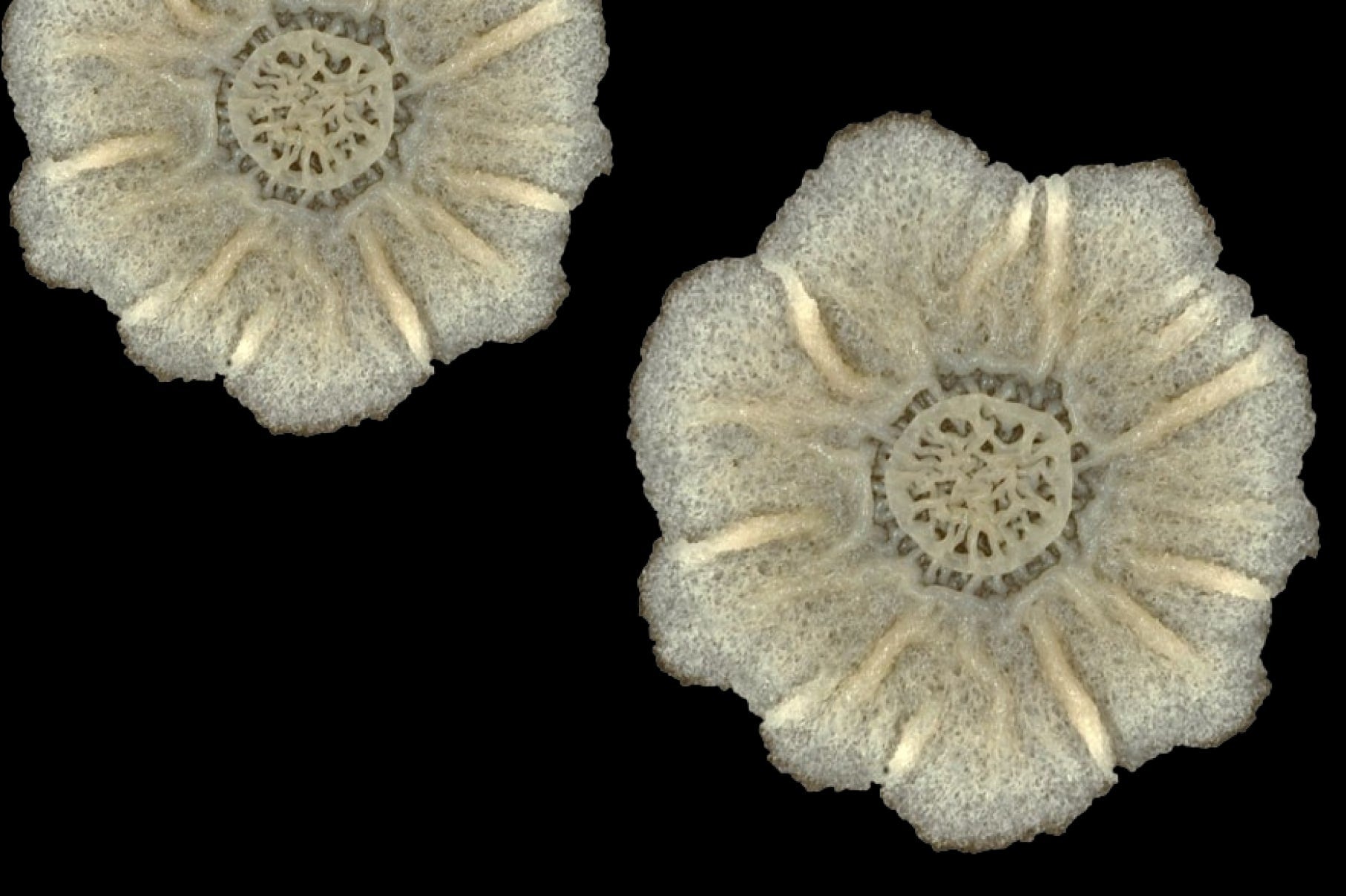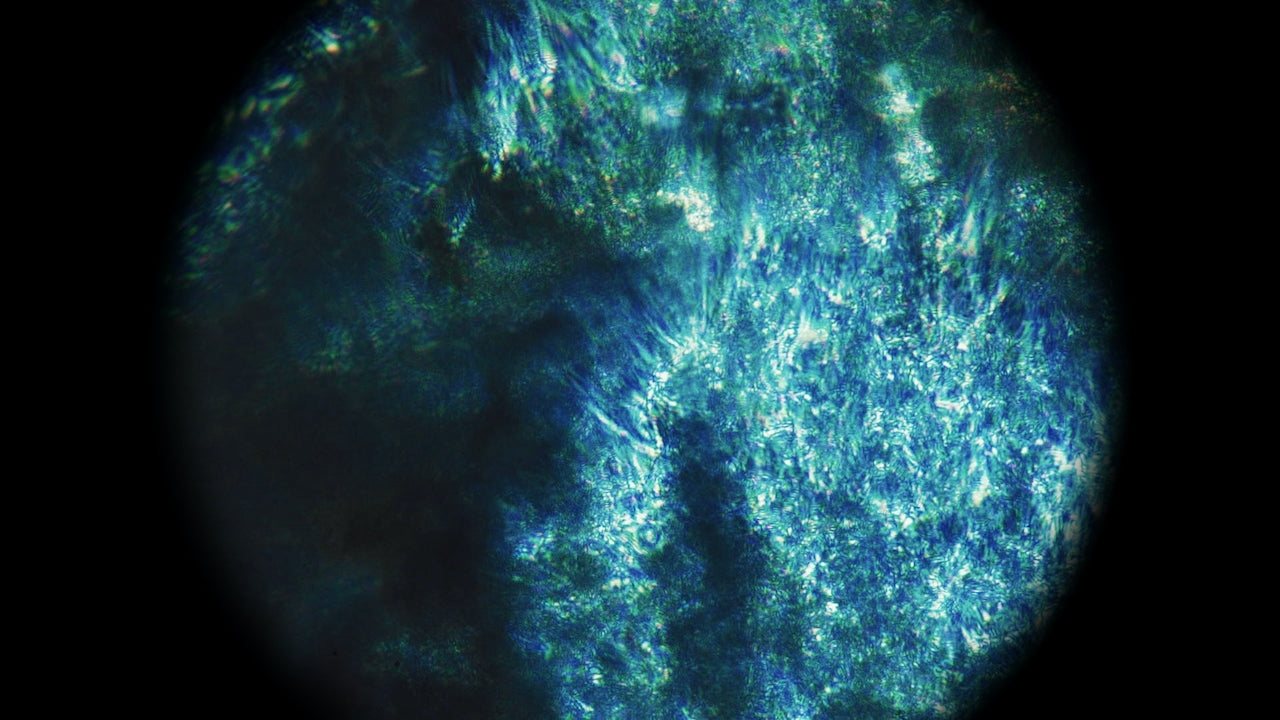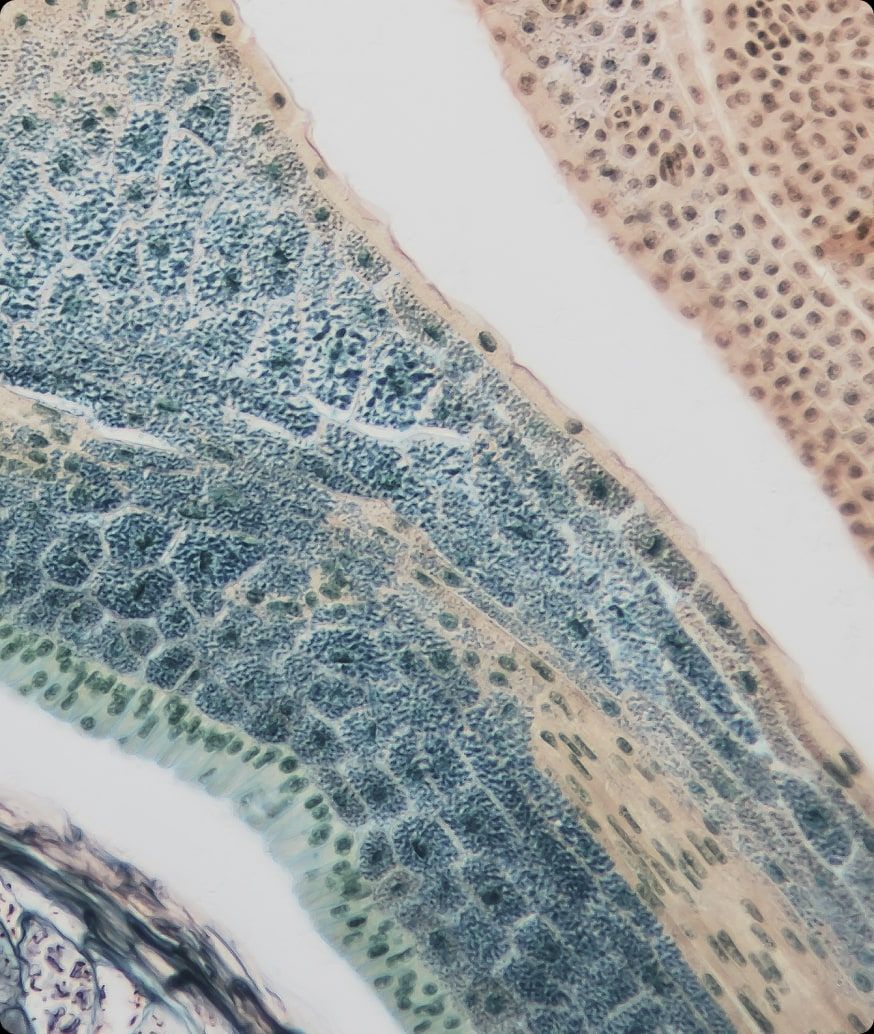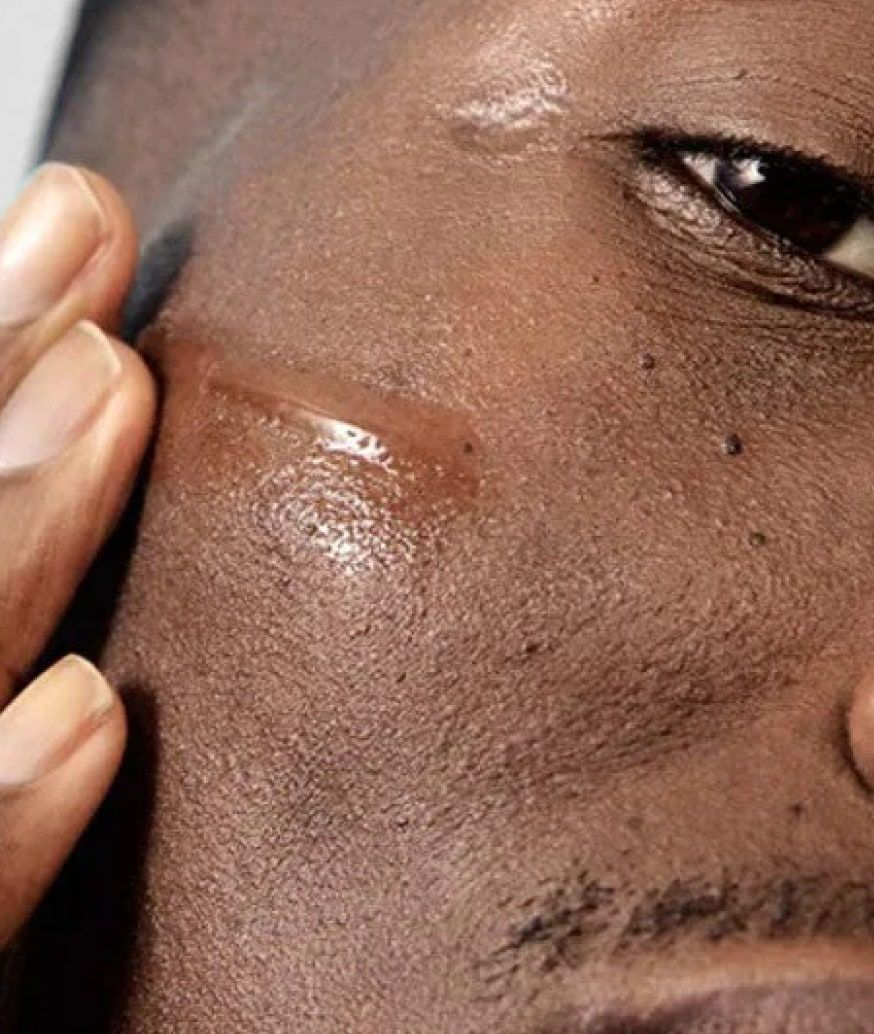A breakthrough scientific formula that activates your biology to foundationally change your skin ecosystem
Your skin is home to a wide variety of bacteria, fungi, and other microbes that control how your skin looks, feels, and functions. Differences in skin temperature, texture, thickness, humidity, chemistry, and other environmental factors help determine which microbes live where. To maintain a healthier looking skin complexion, a balance of the microbiota must be established.

Bacillus spores SIV Biome-Balancing Serum is the first topical solution to use Bacillus spores that adapt to your particular skin care needs, creating homeostasis on the skin without the use of harsh chemicals. These spores do not overwhelm the skin — they act as a conductor to the orchestra of microbes present, offering a level of customization that can't be found anywhere else.
-
Supports Balance
Promotes a harmonious skin environment for improved texture and tone.
-
Delivers Vibrance
Enhances your skin’s natural radiance by supporting a healthy microbiome.
-
Builds Resilience
Strengthens your skin’s defenses against environmental stressors and aging.

SIV Biome Balancing Serum
A spore-based formula designed to work with your skin’s natural biology.
View Product View Product
Understanding Bacteria and Their Role in Eczema
Eczema, known as atopic dermatitis, is the most common form of dermatitis. This skin condition makes the skin itchy, fl...

Beyond the Surface: The Skin–Brain Relationship
What do the skin and brain have in common? It may seem like a bizarre notion that these two organs are alike in any way...

The Skin Barrier–Microbiome Connection
Skin barrier health and integrity has become super popular in the last few years, as it should be - it’s super importan...

Skin: an endocrine organ
It may be your first time hearing the word ‘endocrine’, as it was mine a few months back. I had to share this because o...

C. acnes: friend or foe?
Cutibacterium acnes (C. acnes), formerly known as Proprionibacterium acnes,is the most common strain of bacteria connec...











